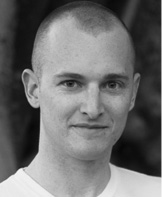 Andrew McMillen is a freelance journalist based in Brisbane, Australia. His work has been published in Rolling Stone , The Australian , Qweekend , The Monthly , BuzzFeed , Mess+Noise and The Vine . See more at andrewmcmillen.com.
Andrew McMillen is a freelance journalist based in Brisbane, Australia. His work has been published in Rolling Stone , The Australian , Qweekend , The Monthly , BuzzFeed , Mess+Noise and The Vine . See more at andrewmcmillen.com.
Contents
Forethoughts
See, I think drugs have done some good things for us, I really do. And if you dont believe drugs have done good things for us, do me a favour: go home tonight, take all your albums, all your tapes, and all your CDs and burn em. Cause you know what? The musicians whove made all that great music thats enhanced your lives throughout the years? Real fuckin high on drugs.
This gag, by American stand-up comedian Bill Hicks, is sampled at the beginning of a song by Californian alternative metal band Tool. Immediately after the punchline, the audience knowingly laughs as one.
I wouldve been around twelve years old when I heard it for the first time. I didnt understand the jokes concept or context. I just laughed because the audience did, and because my new favourite band had obviously thought highly enough of this funny guy to quote him three times on their second album. (Pancreatic cancer had killed Hicks two years prior to its release, at age thirty-two.)
Years later, I realised that the lyrics to this particular Tool song Third Eye, the final track on the 1996 album nima are about expanding ones consciousness by opening up the proverbial third eye, which allows perception beyond ordinary sight. The subtext is that illicit drug use is a short cut to achieving that end.
While that idea is fertile ground for a compelling lyrical narrative set to the violent clash of drums, distorted guitar and bass, it took a long time for me to confront this in reality. One reason for this, I believe, is that the conversation surrounding drug use in modern Australia is a black-and-white battleground bisected by stark pathways: the straight-and-narrow of alcohol, caffeine, nicotine and prescription medication, and the dark-and-crooked of cannabis, cocaine, ecstasy, heroin and methamphetamine.
The message thats been cooked up and reinforced for decades by powerful societal figures police, politicians, public-health officials and much of the media is that youre a fine, upstanding citizen if you stick to the former path by purchasing these government-approved mood-altering substances. Conversely, if you seek out and consume anything in the latter category, youre a criminal, a loser, and a bad person.
Through my adolescence, I trod the straight-and-narrow line uncritically. As far as Id come to understand, illicit activity was associated with antisocial behaviour, drug trafficking, violence and crime. It was rare to hear any alternatives to these overpowering, fear-based messages; films and TV shows usually made in the United States provided the only compelling contradictory visual evidence. But these were fictionalised versions of reality. At an intellectual level, I could not entertain the possibility that illegal drugs had the potential to be fun, safe, life-affirming, non-habit-forming or all of the above. These sorts of stories are rarely told in our society.
Like many Australian teenagers, I abused alcohol a socially acceptable form of intoxication on a consistent basis. A hangover is often greeted by your peers with a wink and a playful shake of the head physical evidence of an apparently memorable night.
In 2007, at age nineteen, I extended one foot across to the dark-and-crooked by smoking cannabis for the first time. I still upheld the old dichotomy in my mind, but now I was a student at a residential college attached to the University of Queensland and was feeling experimental living proof of a classic quote from an early South Park episode centred upon drug education: Theres a time and a place for everything, and its called college.
Smoking pot became an occasional, illicit thrill. It felt different from those years of boozing; it felt naughty. It made the mind somersault in strange and interesting ways. It attuned the ears to different frequencies, which made music even more attractive than usual quite an achievement, as Ive obsessed over music for as long as I can remember. For the first time in my life, I found myself dabbling with drugs, and enjoying the company of the outsider types attracted to such behaviours.
I drew the line at weed, though. It took another five years for me to work up the courage to cross it by trying anything harder than smoking a joint. In hindsight, this distinction feels absurdly abstract. What is the difference between smoking pot and swallowing MDMA powder, the psychoactive ingredient in ecstasy? One drug grows from the earth and the other is
the product of chemical synthesis, sure. But both are illegal
in the eyes of the law. Both are frowned upon by large sectors of the community. The mental leap required to use both substances appears so small as to be insignificant.
Yet, for me, the chasm between the two was vast. I had learnt through the media that any public figure who admits to enjoying illegal drugs can expect to have their character assassinated by moralising commentators who claim to speak on behalf of concerned parents and citizens. A textbook example of this type of demonisation is the story of rugby league player Andrew Johns, who admitted that he enjoyed ecstasy after being caught out with an E in his pocket in London in 2007. Cue sensationalist reporting and a remarkably heavy-handed interview on The Footy Show , where he was essentially forced to atone for his supposed sin. In retrospect, the entire episode smacks of hypocrisy; Johns was grilled over his occasional and apparently harmless use of a stimulant, despite the fact that the excessive consumption of alcohol a substance whose harms are well known has long been a conventional way for both players and fans to celebrate sporting wins and losses alike.
There are very few industries in which the use of illicit drugs is permissible, if not tacitly encouraged. Music is one such profession. Its not the only one, but its certainly the most visible and instantly identifiable. Who besides the archetypal rock star can get away with wanton hedonism on any kind of regular basis?
Sex, drugs and rock and roll may be a clich or even, in 2014, something of a myth but the phrase perfectly encapsulates what our society tends to expect from those who sling guitars, lean on microphone stands and bash drum-skins. Smart rock stars adopt a larger-than-life pose; crowds feed off the life we imagine that theyre living. It doesnt matter whether that life is in reality tame, tedious or even intolerable. So long as the image is consistent, the sunglasses are worn indoors and the act is well rehearsed, we are sated.
It helps, too, that we tend to perceive creative people
musicians, painters, actors, writers and the like as living on the edge, outside of the social norms and expectations that come with nine-to-five, salaried jobs. Its on the edge, were led to believe, that the magic happens: that by pushing the boundaries of the human mind and body, great work is created.
Drug use is a natural fit with that ideal. Who wants to hear about a musician who treats the creative process like a job, with the regimented hours and routines familiar to so many of the rest of us? Thats mundane. Wed much rather hear about how a hit song was written at the tail-end of a five-day bender in Ibiza, its creators torn and frayed after a non-stop cocaine- and booze-fest.



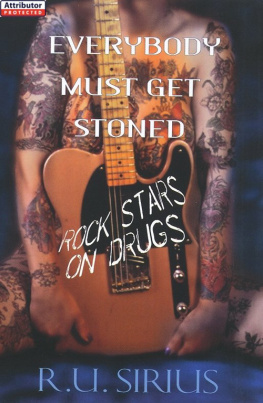
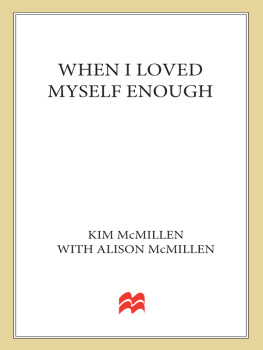
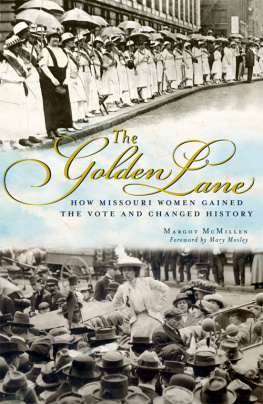
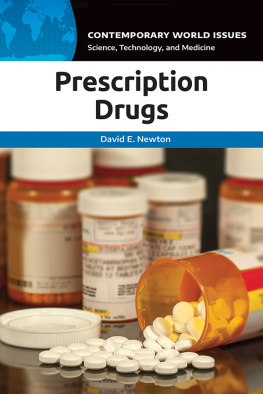
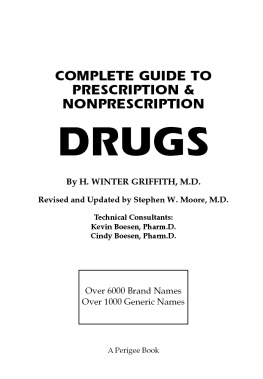
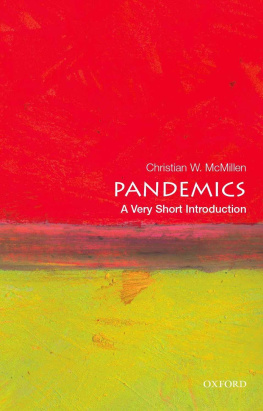
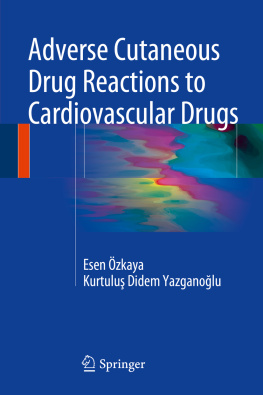

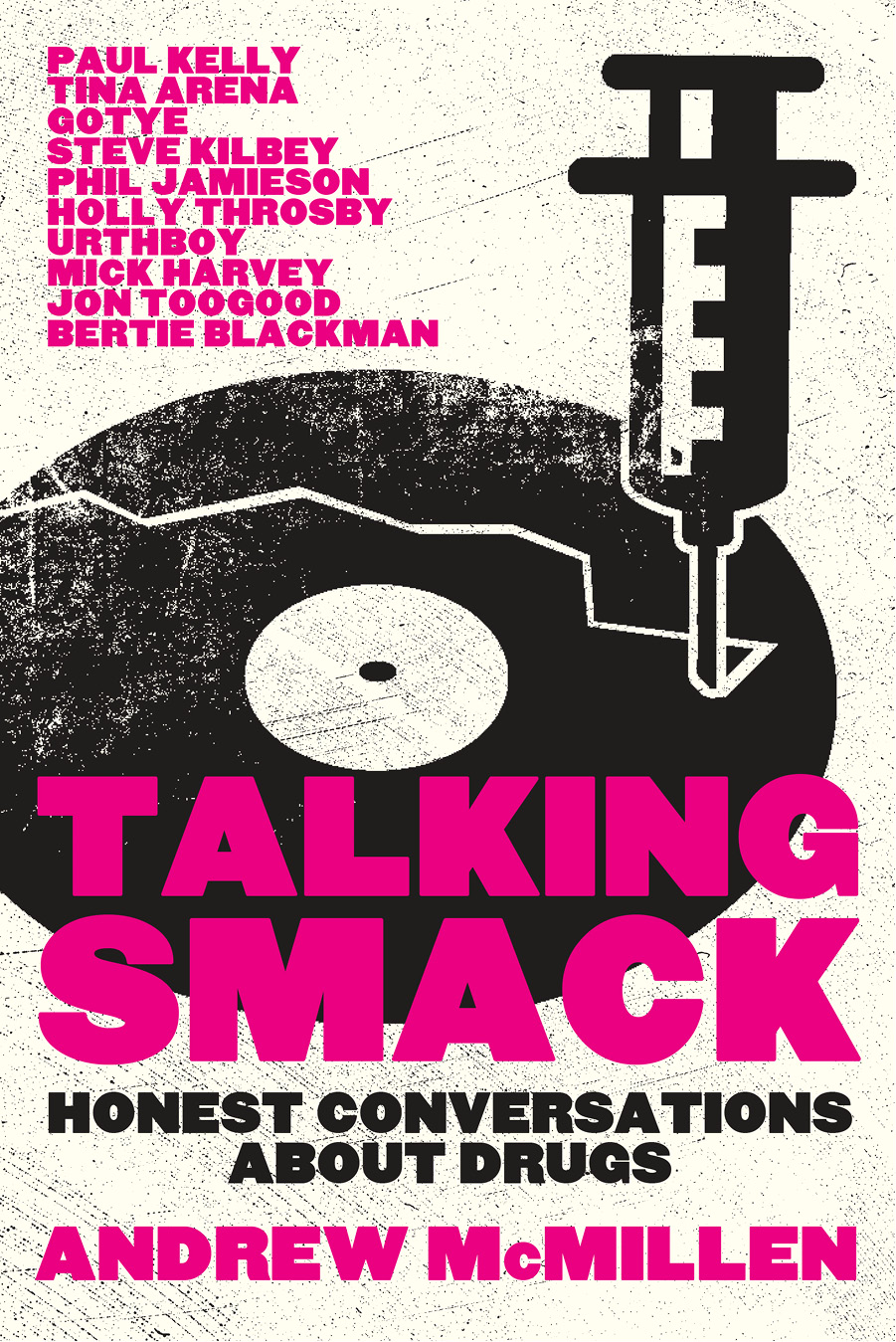
 Andrew McMillen is a freelance journalist based in Brisbane, Australia. His work has been published in Rolling Stone , The Australian , Qweekend , The Monthly , BuzzFeed , Mess+Noise and The Vine . See more at andrewmcmillen.com.
Andrew McMillen is a freelance journalist based in Brisbane, Australia. His work has been published in Rolling Stone , The Australian , Qweekend , The Monthly , BuzzFeed , Mess+Noise and The Vine . See more at andrewmcmillen.com.